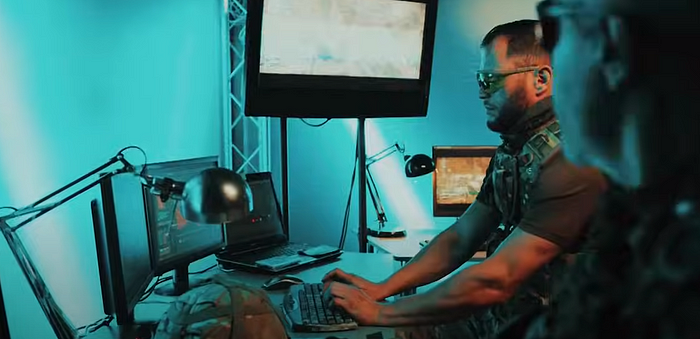Behind the Scenes with Palantir: Tech, Spies, and the Capture of Bin Laden

In the early hours of May 2, 2011, a top-secret mission unfolded in a town just a stone’s throw from Islamabad, Pakistan. This wasn’t any routine operation; it was the takedown of Osama Bin Laden, orchestrated under the cloak of night. But there’s a side to this story that isn’t so widely known — the high-tech edge provided by a somewhat mysterious Silicon Valley company called Palantir.
Meet Palantir: Not Your Average Startup
Palantir isn’t your typical tech startup. Founded by a group including Peter Thiel (yes, that PayPal guy), it started with a mission to help the U.S. spy better without stepping on our personal freedoms too much. Sounds like a tricky line to walk, right? The blend of tech and privacy issues they tackled reflects the heady debates Thiel and co-founder Alex Karp used to have back at Stanford — deep talks about freedom and security that would shape Palantir’s future.
What Does Palantir Even Do?
Imagine trying to find a needle in a haystack. Now imagine if that haystack were the size of several football fields and the needle could move. That’s kind of what Palantir does with data — they make software that lets spies and soldiers find the bad guys by connecting dots across heaps of information that no human could process alone. And they do it all while trying to keep a tight lid on anyone’s personal data that doesn’t need to be in the mix.
The Hunt for Bin Laden
While Palantir keeps a low profile on their role, it’s said that their tech was a game-changer in tracking down Bin Laden. They helped piece together bits of data that led Navy SEALs right to his hideout door. It’s the kind of stuff you see in spy movies, only this was real life, with real stakes.
Palantir Today: More Than Just Military Tech
After Bin Laden was caught, Palantir became the hot ticket in town for anything involving big, messy chunks of data. But they didn’t just stick to military stuff. They branched out into health, finance, and even aviation. For instance, when COVID-19 threw the world into chaos, Palantir was there, helping manage the crisis by analyzing data to distribute supplies and track the virus’s spread.
Navigating Tough Waters
Despite their successes, Palantir’s journey hasn’t been without controversy. Their work, sitting right at the intersection of tech and privacy, constantly sparks debate. It’s the age-old security vs. privacy dilemma — how much freedom are we willing to give up for a sense of safety? These are the questions Karp and his team grapple with, keeping the philosophical fires of their college debates burning.
The Bigger Picture
Palantir’s story is more than just about making cool spy tech. It’s about the impact of technology on our lives and our world. They’ve shown that with the right tools, we can solve huge problems, from catching terrorists to stopping a global pandemic. But they also remind us that with great power comes great responsibility. How we handle the ethical challenges of advanced tech is just as important as what the tech can do.
As Palantir marches into the future, they’re not just a company to watch because of their tech but because of the conversations they spark about the role of technology in society. Whether you love them or side-eye them for their government ties, there’s no denying they’ve got a knack for shaking things up and making us think twice about the power and pitfalls of the digital age.
